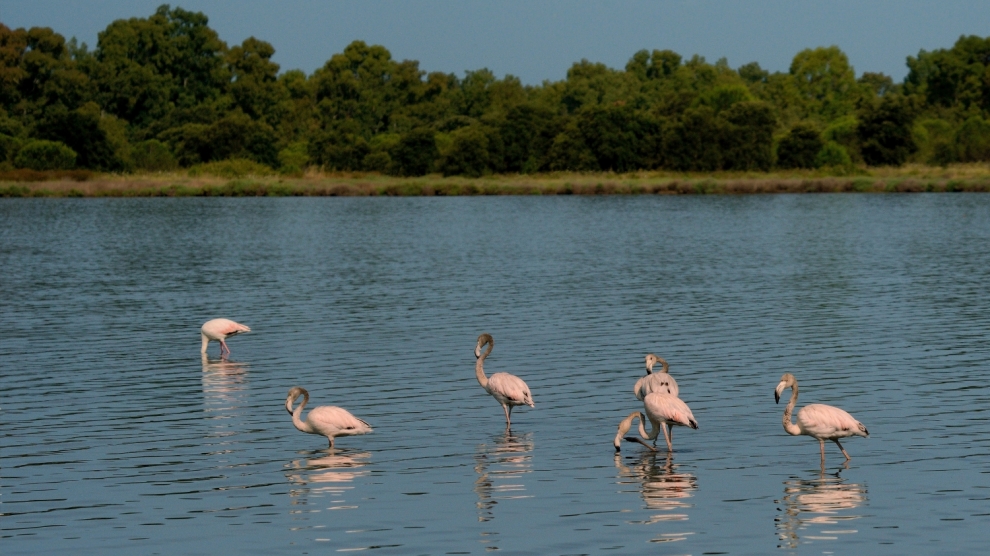Our weekly digest of articles about emerging Europe published elsewhere this week, all of which caught our eye and all of which are well worth your time. Listing them here, however, does not necessarily mean that we agree with every word, nor do they necessarily reflect Emerging Europe’s editorial policy.
—
Albania’s flamingos flourish amid coronavirus lockdown
With tourists home, boats docked and factories silenced under a coronavirus lockdown, Albania’s pink flamingos and curly pelicans are flourishing in the newfound tranquility of lagoons dotting the country’s western coastline.
—
Russia’s 2019 cyber attack against Georgia followed by full-spectrum propaganda effort
The Kremlin has responded to an investigation that found Russia responsible for a cyber attack in Georgia in October 2019 by denying any responsibility and accusing Georgia and its Western partners of Russophobia.
—
Orban’s emergency powers hit opposition funding
Viktor Orban, Hungary’s prime minister, has halted funding for political parties and issued decrees that deprive local authorities of parking and vehicle excise revenue.
—
Poland’s postal election enveloped in confusion as government pushes ahead before legislation passed
Poland’s government has moved ahead with preparations for entirely postal presidential elections due for May 10, despite the relevant legislation allowing them to take place not yet having become law.
—
Ukrainian town sealed off after monastery coronavirus outbreak
Police have stopped people going in and out of the Ukrainian town of Pochayiv after an outbreak at one of the largest Orthodox monasteries in Eastern Europe.
—
Armenia commemorates victims of Ottoman-era killings amid coronavirus lockdown
Armenia turned off street lights and church bells rang across the country late on April 23 in an altered commemoration to the victims of the World War I-era mass killings of Armenians in the Ottoman Empire. A torch-lit procession traditionally held each year in Yerevan on the eve of April 24 was canceled due to the coronavirus pandemic and access was closed to the Tsitsernakaberd Memorial Complex, where normally throngs of people would pay their respects to the victims of the tragedy.
—
Azerbaijan opposition party claims nearly a dozen members arrested in last two weeks
Azerbaijan’s opposition Popular Front party claims that 11 of its members have been arrested in the past two weeks, and the party’s leader has reportedly had his phone and internet cut. On April 22, two members of the party, Avaz Akhmedov and Arif Babayev, were detained and given 20 and 30 days of administrative arrest respectively.
—
How partnership with the West shaped Georgia’s Covid-19 response
The Covid-19 pandemic may see the expansion of the strategic partnership between Georgia and the West to include sectors that were previously outside of traditional understandings of security.
—
The rise of Romanian wine
Producers have made impressive progress in a country where consumption per capita is heroic, even without counting the large amount of wine made on a small scale and drunk on a great scale by private individuals.
—
Australian fans help keep Belarusian football club alive
Bored by the lack of sport around the globe, Adelaide man Shane Robinson and his mates stumbled upon a Belarusian football team, FK Slutsk. Little did they know that just weeks later they would be playing a big role in the struggling club’s survival.
—
Unlike many news and information platforms, Emerging Europe is free to read, and always will be. There is no paywall here. We are independent, not affiliated with nor representing any political party or business organisation. We want the very best for emerging Europe, nothing more, nothing less. Your support will help us continue to spread the word about this amazing region.
You can contribute here. Thank you.


